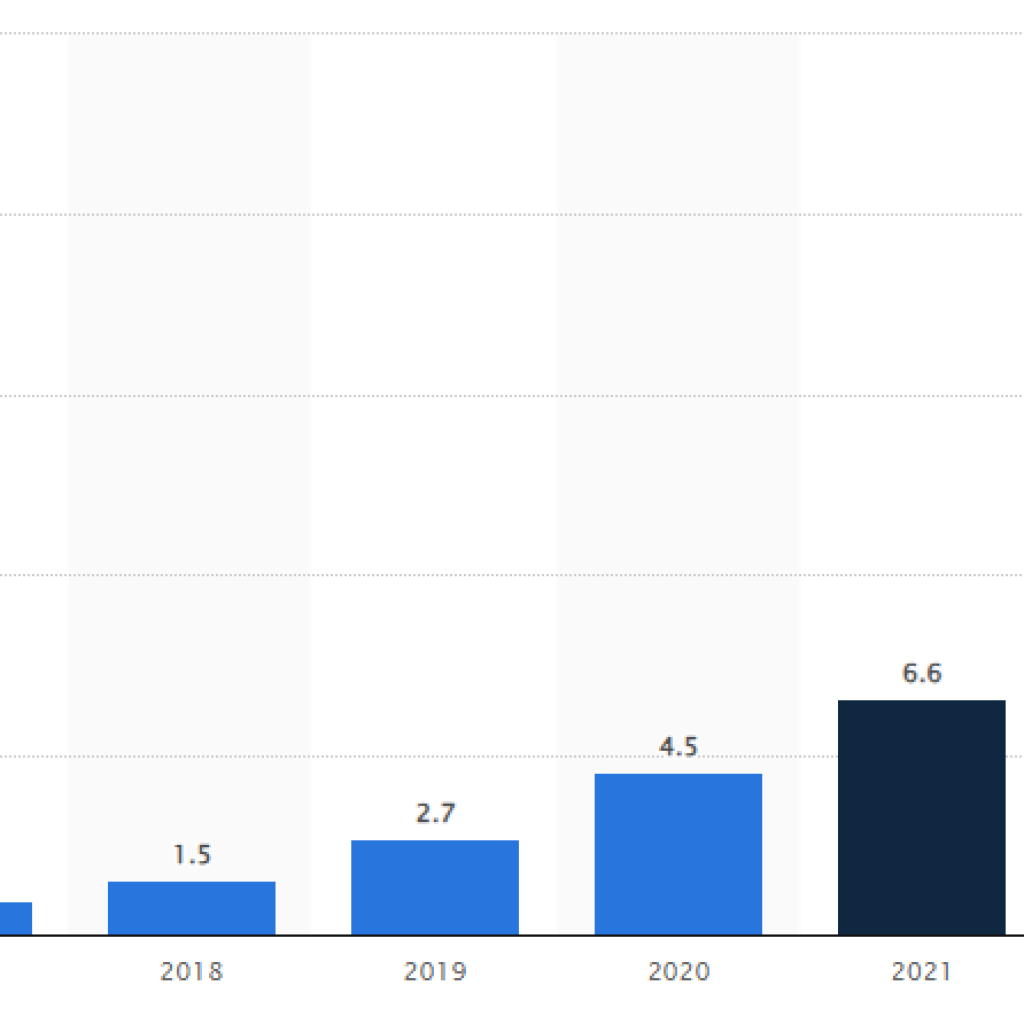One of the famous developers of the Call of Duty game, Treyarch, has caused controversy in the gaming sector by signs of utilizing AI art into their games. The act, alluded to through a recent job posting, has raised a question of the function of artistic humans in game development.
Job posting raises eyebrows
Treyarch’s careers page recently posted a job ad for a 2D artist/animator role that could help the studio adopt generative AI tools. The announcement itself did not explicitly link the job opening to the Call of Duty series, but Treyarch’s long-standing association with the franchise implies a major influence on its development.
Post on Twitter by CharlieIntel indicated that Treyarch is searching for a gifted artist who is skilled in digital drawings, motion design and AI generation tools. The task posting mentioned about the process of “polishing” artworks generated by both humans and AI algorithms. Aspirants with knowledge of AI art programs like Stable Diffusion, Vizcom, DALL-E, or similar platforms and proficiency in traditional digital art creation techniques are welcome to apply.
AI in the gaming industry
AI-generated art appearing in video games has been a controversial matter in the gaming industry and the recent example of Treyarch could be viewed as the embodiment of the latest trend. AI had been a subject of a Unity report in March, which had shown the majority of game studios used AI; however, AI-generated art functioned as a tool for prototyping and abstracting, not as a substitute for human creativity.
But alongside it, the awareness that AI is moving into the sphere of artists has triggered some dread among the gamers and the decision-makers in the industry. The concern that machine programs are taking place of artists raises a doubt around creative activities and craftsmen’s role in game development.
Call of Duty Community backlash
The recent news about Treyarch working with AI algorithms to create art has caused people to openly criticize the company in the gaming circle. Quite a few Call of Duty players voice their concerns over the possibility of getting rid of the distinguishing feature of human artists – the touch of originality and creativity in exchange for technology-produced content.
Some say that AI might improve some parts of game development, but on the other hand it tends to decrease the stylistic variety of games and creates a monotonous graphic style of them. Moreover, doubts continuously arise regarding the consequences for the jobs within the sector, as the use of AI in creating art may eventually result in human artists being displaced from their places of work.
Source: Call of Duty X (formerly Twitter)
The role of art in gaming in the future.
With technology constantly improving and developmental cycles getting longer, the temptation of using AI because of its efficiency and cheapness will be a difficult proposition for the game developers to resist. Nevertheless, the controversy regarding the impact of AI on creative processes is far from over.
Some argue that AI should be seen as a helper when building artistic pipelines in addition to humans themselves, while others warn about excessive use of AI and the prevention of loss of human aspect in art. However, the question of how to find the equilibrium between the utilization of AI skills and the maintenance of the human touch in game development will be the high-resolution issue for the gaming industry in the future.
Treyarch’s possible shift towards AI-produced art in the Call of Duty established a topic that sparked an argument about technological and artistic interrelation in the game development process. Therefore, while the industry works out these changing dynamics, the future of art in gaming leans on the edge of two different directions – innovating and preserving tradition at the same time.
You can find the original writing here





